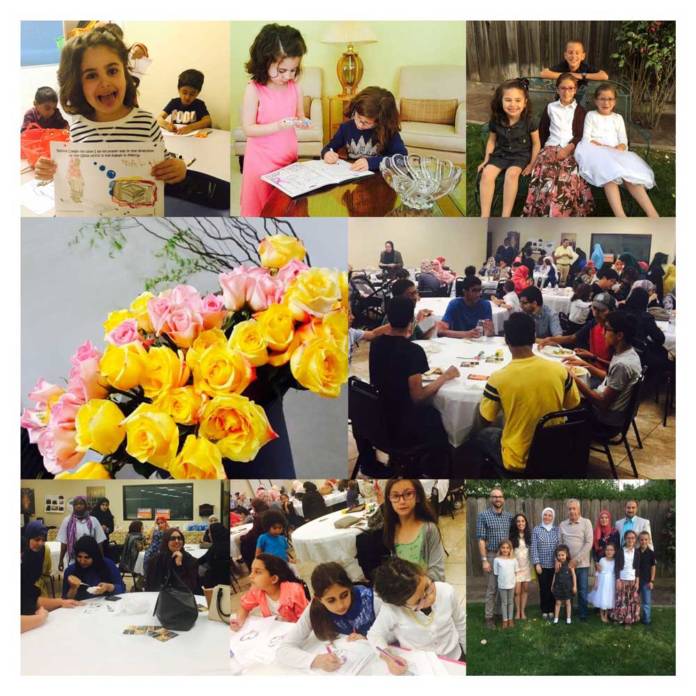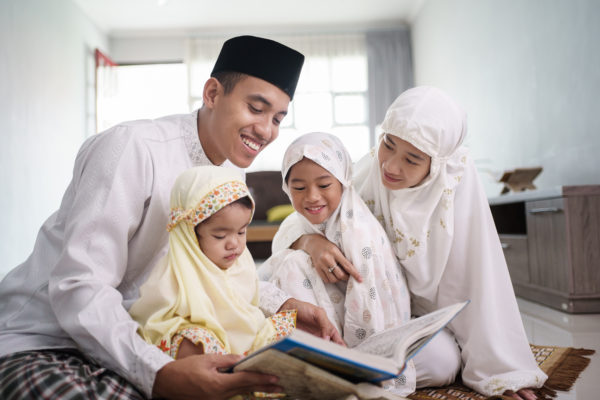This is how we can start helping the children of Syria. Are you doing your part?
This is how we can start helping the children of Syria. Are you doing your part?
Every child has the right to a peaceful future. Wars have damaged dreams for children who now suffer hunger, poverty, pain, and trauma, after seeing their friends and families die, and their schools, houses, and hospitals destroyed. This is pain that will last a lifetime, and have an impact on children that is hard to predict.
Each year the war in Syria has gotten worse as violations against international laws protecting women and children continue to rise. The conflict is entering its sixth year and has continued to cause emotional disorders, with studies showing that mental trauma affects victims of the war inside and outside Syria. International and local psychotherapists agree that the damage is huge and the needs are extraordinary, but due to a lack of resources not enough has been done to help civilians heal.
With many adults facing severe emotional disorders and post-traumatic stress disorder (PTSD), and children facing intellectual and developmental challenges, only 5% of Syrians in host countries such as Jordan, Lebanon, Turkey, and Iraq are provided with the mental health services they need. These findings highlight the limited access to mental health services. Adults face stress and depression due to unemployment and an inability to provide for their families. In addition, women and girls are facing early marriage and losing their ability to finish their educations, which compounds problems for the entire population.
The UN High Commissioner for Refugees (UNHCR) has reported that most Syrians have significant depression, grief, PTSD and different types of anxiety. Lack of treatment has caused an increased level of stress and worsening symptoms. This is most alarming for women and children, who are the most vulnerable population when it comes to mental health. In many cases, even when mental health services are provided in places such as Turkey, Europe, the United States, Canada and Australia, the language barrier is significant.

Mental health treatment is best when provided in the patient’s native language, which is Arabic in the case of Syrians, and finding healthcare professionals with the appropriate training and language skills is therefore extremely difficult. In addition, mental health therapy requires some understanding of cultural sensitivity, making it even more challenging. Using interpreters unfamiliar with the culture of the patients lowers the level of healing and extends the length of sessions, overburdening the system.
Many Syrian primary care physicians working in host countries end up attempting to fill this need due to the scarcity of such practitioners, however, they are not mental health specialists. Training for Arabic-speaking health providers and social workers contributes positively to the effort of providing mental health support. This can also be implemented through programs that help children adjust and overcome trauma, such as those by school counselors and home visits.
Millions of children born and raised during this conflict have seen nothing but war and destruction. They have only known fear and stress, which makes it difficult for this next generation to preserve their Syrian culture. With awareness of this problem, our hope is that more resources can be provided to meet this great need to help build a better future for the Syrian people.
These victims of war and trauma can be helped, but need care by those who specialize in the trauma of war and post-traumatic stress disorder. Beyond seeking clinical mental health services, healing can also be achieved through peer support and opportunities for individuals to share their stories with others who have gone through similar trauma. This is not easily done because it requires a tremendous amount of trust to share your feelings with others.
Syrians willing to share their story must be coached and helped to make the experience one of healing, not reliving the devastation. People need to know that the listener cares about their well-being, and is there because they want to help them heal. Validation of an individual’s emotions is important in helping people to open up to their peers and community members.
Professionals such as educators, healthcare providers and social workers working with refugees have made an amazing commitment to supporting families and children suffering from mental health issues and to limit the long-term impact of war on them. To help support these professionals in their cause, we must make sure that mental health and psychological program funding is sufficient. We need to increase investment in programs that support resilience and well-being in children who need help to talk about their fears and how to deal with them.
Resources must be provided for parents who are struggling to support their children while healing from their own trauma. Long-term and ongoing support for these programs is necessary, and temporary programs do not do enough to address the need of the population. Funding for these programs should be a minimum of 12 months and ideally 24–36 months.
We need to be creative by integrating programs that help teachers become well trained to work with children who have experienced trauma from war. Syrian children must be supported in their education to be ready to face their new lives. These needed services will help overcome the challenges of war and funding for them must continue.
Syrian families in Fresno each have different stories; some who came at the start of the civil war in 2011 were not subjected to the mass killing and destruction that the families who have come four years later were. The trauma level for early comers is different, as they faced leaving a country they knew and where they were comfortable to arrive in places that were foreign to them.
Those who were forced to flee the war to host countries saw death and destruction first hand. Various factors determine how refugees are affected by the war; their socioeconomic status before the war, their levels of education and their access to healthcare, in addition to how much of their family they left behind in Syria, whether they lost family members to the war or have family scattered in different host countries, and which city they lived in before the war.
These factors affect a refugee’s ability to adapt to a new life in Fresno. For families that are ill-prepared to adapt to this new life, their symptoms of PTSD will be worse and depression and anxiety will be significantly increased. Establishing a new life in a new country is one of the biggest challenges people around the world face.
Syrians have come to a new place often with no connections, a significant language barrier, a new education system, a new healthcare system and new transportation systems, which are all complex for families to adapt to easily. Therefore, nonprofit organizations, religious centres, community volunteers, educators and healthcare providers step up to offer social, financial and emotional support for Syrian refugee families. Despite all that everyone has already done, the need continues and the effort to assist them requires better organization and stronger leadership.
Check out more immigrant and refugee stories in Kings River Life’s Tales of Diversity category. If you would like to help Syrian refugees in the Fresno area, visit www.firminc. org/syrian-refugee-outreach-ramped-up/.
by Wasan Abu-Baker for Kings River Life Magazine.
Wasan Abu-Baker was born and raised in Palestine and was brought up in a highly educated household. She moved to the United States after she married her husband and has three kids. She earned her master’s degree in special education and is a community leader, an advocate for refugees (especially Syrian refugees) and is doing a fellowship at the American Friends Service Committee of the Pan Valley Institute. She recently became a staff member at Fresno Interdenominational Refugee Ministries (FIRM) to serve Syrian refugees and is a member of the Central Valley Islamic Valley Council (CIVIC), a large council that includes all the Islamic centres in the Central Valley.





